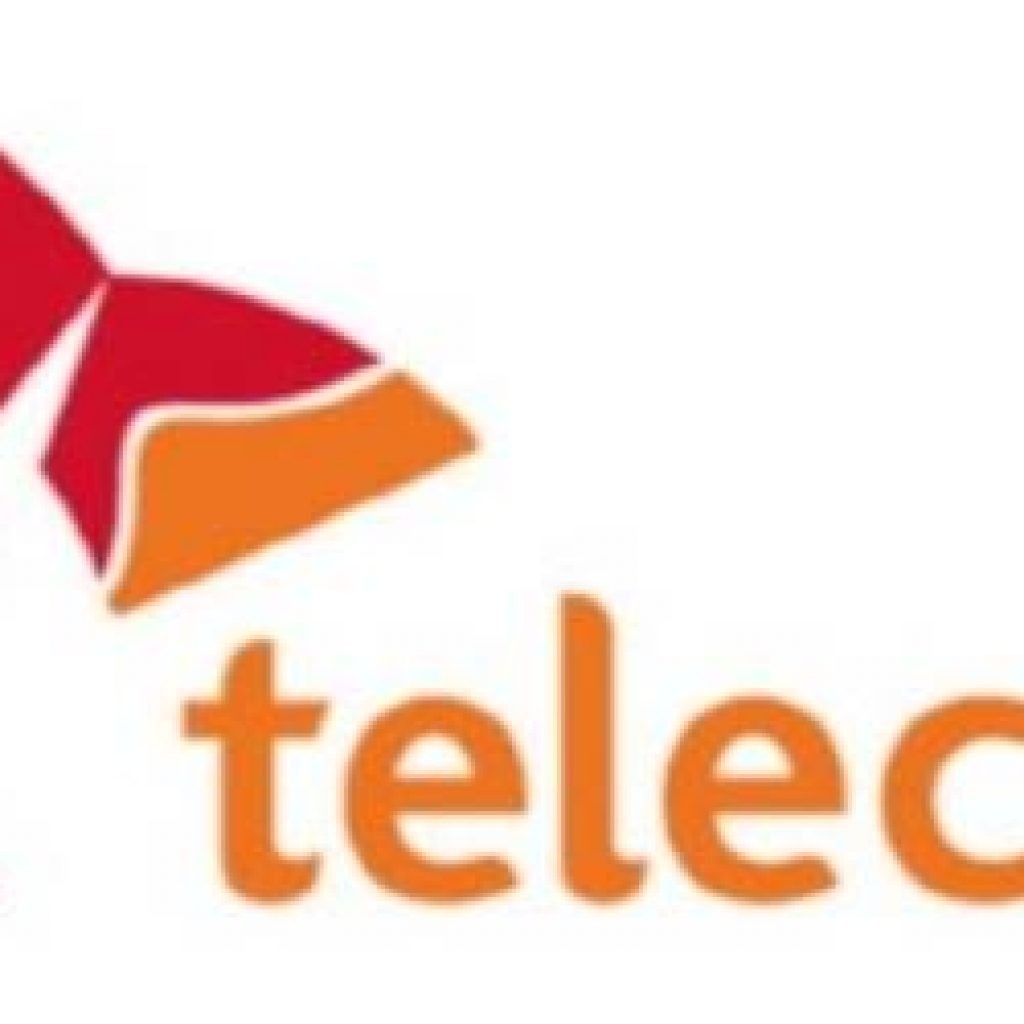SK Telecom, which already has done a lot of work with quantum key distribution network links and quantum random number generation, has added post-quantum cryptography to its repertoire.
The South Korea telecom operator said that along with its SK Broadband unit it has “commercialized quantum-resistant cryptography” in a global VPN environment. SK Broadband installed the PQC algorithms, based on recently unveiled standards finalists Crystals Khyber (for encryption) and Crystals Dilithium (for digital signatures) last month, according to an SK Telecom press release.
The statement also said that PQC tests were successfully completed at locations in the U.S., Japan, and Singapore.
Up to this point, much of SK Telecom’s publicly-known work with quantum-related security revolved around QKD trials, growing QKD network in South Korea, and QRNG efforts with ID Quantique, a company it first invested in and partnered with back in 2018.
In addition to the PQC news, SK Telecom said in the same press release that it had obtained certification for 10 Gbps and 100 Gbps National Intelligence Service Cryptographic Verification Modules, “followed by the development of quantum communication encryption equipment hybrid key combination technology,” which the company said “combines the existing public key-based encryption key and the quantum key distributed in the quantum key distribution method and uses it as the secret key of the existing encryption equipment.”
The company also plans to launch new security products next year.
Dan O’Shea has covered telecommunications and related topics including semiconductors, sensors, retail systems, digital payments and quantum computing/technology for over 25 years.
